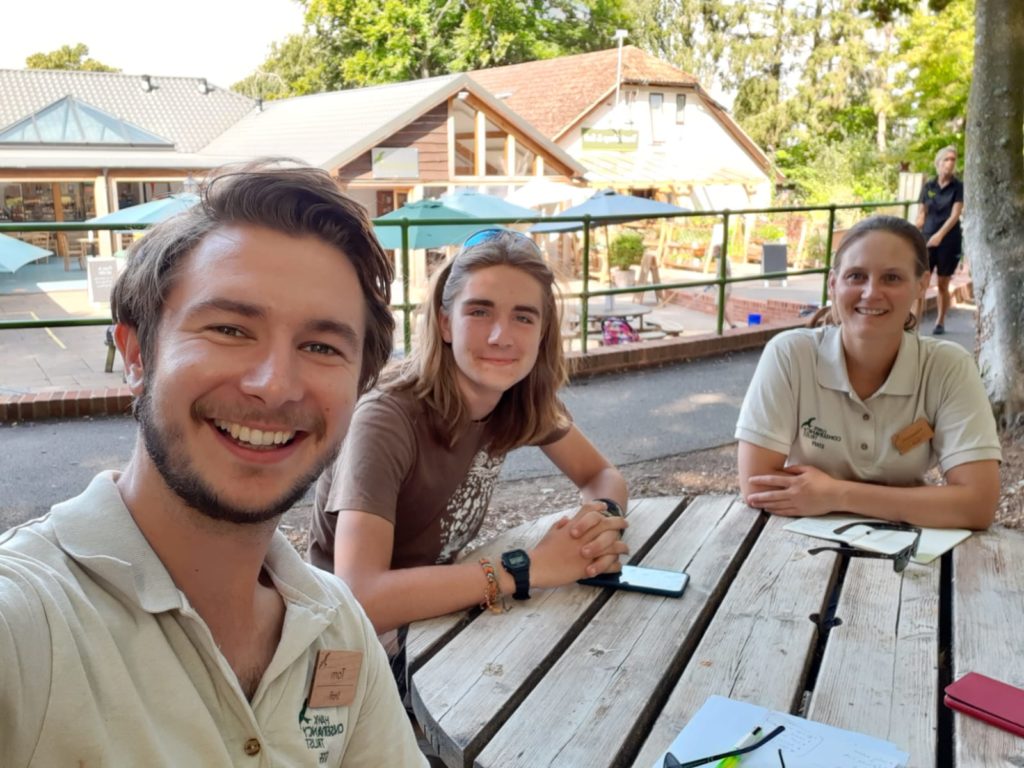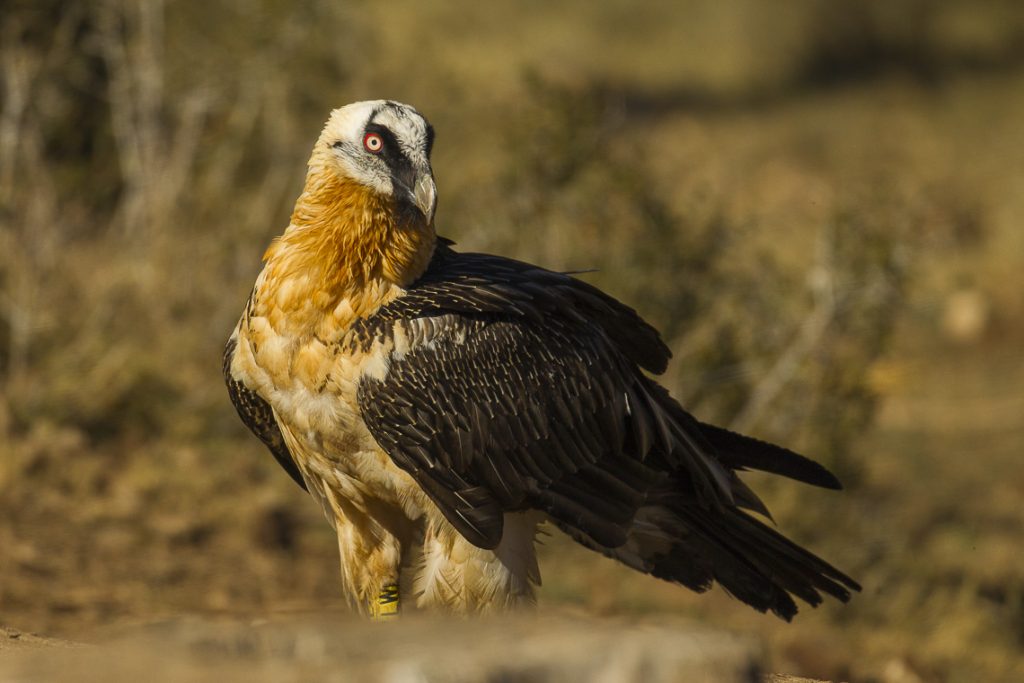
Here you can read more about Nature’s a Hoot, and access resources, photos and extra insights from our third episode The Future of Nature. In this episode we catch up with inspiring young conservationist Indy Greene, and Hannah and Tom talk about Extinction: the Facts, the recent BBC documentary featuring well-loved naturalist David Attenborough.
Listen now to the Nature’s a Hoot third episode The Future of Nature. Don’t forget to subscribe!
Extinction is now happening at a rate 100 times faster than the natural evolutionary rate; many scientists now recognise this as the sixth mass extinction. We are not only losing species that are nice to look at and enjoy, we are also losing many of the benefits that nature provides to us; loss of pollinating insects threatens the food crops we rely on. One million of our eight million species on the planet now face extinction! If we carry on without making changes, we will see more epidemics like COVID-19, and some may even be worse.
Habitat destruction is now the single biggest driver of biodiversity loss, and many people may not realise that the food we choose to eat, and the products we buy could be having a huge impact on the environment. But, it’s not too late, and there are ways we can all help to save our planet. Here are our Top 5 ways that you can make a difference:
Watch and find out more about Extinction: the Facts, and ways you can be more environmentally friendly:
Extinction: the Facts on BBC Iplayer
8 lazy ways to be more environmentally friendly
It was great to spend time with Indy Greene, who also came to visit the Trust in August. Indy is a young conservationist, naturalist and campaigner, he is extremely passionate about conservation, especially birds! We get to know Indy, who tells us about the Goshawks in Sherwood Forest, crossbills in his garden, and his ultimate bucket list bird. Indy also makes Tom green with envy when he shares his experience of spotting the Bearded Vulture that turned up in the UK recently! A big thank you to Indy for joining us, you can hear the whole interview on the podcast.
This episode’s Top Tip is all about creating a wildflower meadow in your garden! Increasing the diversity of native wildflowers in your garden is a great way to help wildlife, and early autumn is the best time to get started. Sew poppies, cornflower, and yellow rattle, which is semi-parasitic on grass, feeding on the nutrients in the grass roots to keep the grass in check and allowing other wildflower species a better chance. Pick a spot with plenty of sunlight, clear the soil and rake the area, sprinkle seeds evenly and rake over gently. Give the seeds a good water, they shouldn’t need watering again until spring. Let us know how you get on!


To find out more about our podcast, and listen to The Future of Nature and other episodes, visit our website.